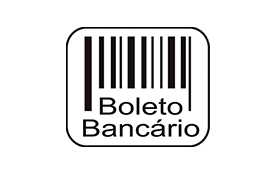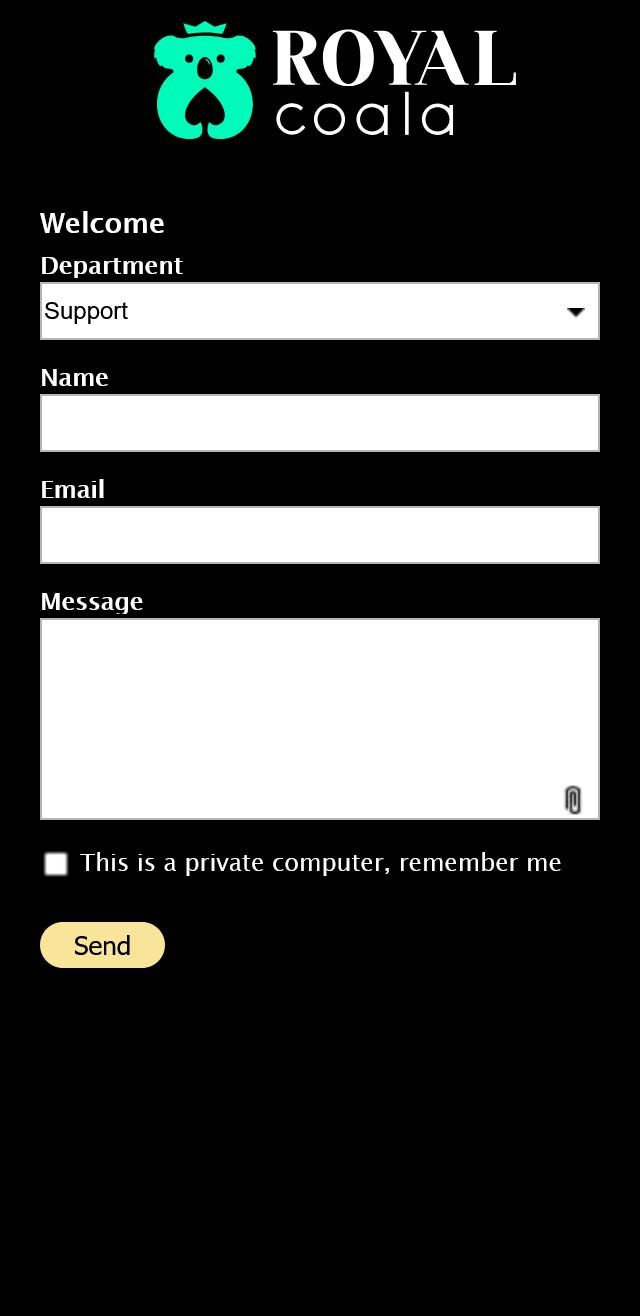
Online Casino Licence Costa Rica
Costa Rica has long been known as a popular offshore jurisdiction for online casinos. Its licensing process is relatively straightforward and accessible, attracting operators from around the globe. These favourable conditions have earned the Costa Rica gambling license a solid reputation in the iGaming world.
Holding a Costa Rican online casino licence offers numerous advantages, including cost-effectiveness and minimal regulatory hurdles. Players generally find casinos licensed in Costa Rica to be reliable, and on this page we will explain the essential requirements and steps involved in obtaining this licence.
Costa Rican Online Casinos List - Updated July 2025
To help you get an overview, Mr. Gamble’s experts have created a list of casinos holding the Costa Rica online gambling license. We continuously refresh this information, ensuring you always have the latest details on reputable operations in Costa Rica.
- 1st Deposit Bonus100% / € 1500Casino popularity (YoY)Collecting more data...Payment methodsShow more
- 1st Deposit Bonus100% / € 1000Casino popularity (YoY)Collecting more data...Payment methodsShow more
- 1st Deposit Bonus100% / € 1000Casino popularity (YoY)Collecting more data...Payment methodsShow more
- 1st Deposit Bonus100% / € 500Casino popularity (YoY)Collecting more data...Payment methodsShow more
- 1st Deposit Bonus150% / € 5000Casino popularity (YoY)Collecting more data...Payment methodsShow more
- 1st Deposit Bonus140% / € 1000Casino popularity (YoY)Collecting more data...Payment methodsShow more
- 1st Deposit Bonus140% / € 1000Casino popularity (YoY)Collecting more data...Payment methodsShow more
- 1st Deposit Bonus100% / € 500Casino popularity (YoY)Collecting more data...Payment methodsShow more
- 1st Deposit Bonus100% / € 2500Casino popularity (YoY)Collecting more data...Payment methodsShow more
- Bonus code: KAAS11st Deposit Bonus100% / € 1000Casino popularity (YoY)Collecting more data...Payment methodsShow more
- Bonus code: WIN1st Deposit Bonus100% / € 777Casino popularity (YoY)Collecting more data...Payment methodsShow more
Legal notice
The contents of this page are intended for general informational purposes only and do not constitute professional advice, legal or otherwise.
Costa Rica enables online gambling sites as official commercial businesses. Although land-based casinos are not allowed to set up shop within its borders, the law does not apply to online casinos. Keep on reading to find out more about casinos online Costa Rica.
Licensing Requirements in Costa Rica
When it comes to a Costa Rica gambling licence, it works in a rather unique manner when compared to other licensing jurisdictions. The law does not address the subject of online gambling licences. An online casino in Costa Rica can simply register in the same way as any other corporation.
The only key exception is that the online casino’s server must block Costa Rica since it is prohibited for residents to gamble online.
Applicants interested in acquiring a Costa Rica online casino licence must supply various bits and bobs of information about their business by filling out the registration form with the Costa Rica Tax Authority. Applicants must also obtain a few government certifications.
Overall, a certification of the legal capacities and corporate identification is required along with the ID of all applicants. A certification of fulfilment of previous tax obligations must also be acquired.
How to Obtain a Licence
To obtain an online casino license Costa Rica, there are a number of steps to follow:
- Research: Before you start your gambling business, you should research the market and identify the target audience. This will help you gain perspective.
- Location: You should pick a location where to set up shop.
- Registration: You would need to register your business with the Costa Rican government. You can either do this by visiting the National Registry or hiring a lawyer to do it.
- Gaming licence: To operate a gaming business in Costa Rica, you must obtain a Data Processing Licence. This is issued by the Ministry of Economy, Industry and Commerce.
Costa Rica Gambling Licence Cost
Since there is no gambling licence in the traditional sense, the cost of opening a gaming company will vary on different factors, including the location, size of the company, and the type of gaming business you would like to start.
Before starting a business, we recommend consulting with a lawyer or a business consultant to get an accurate estimate of the cost of opening a gaming company in Costa Rica.
Player Protection in Costa Rica-Licensed Casinos
Since Costa Rica does not have any special licensing protocols for online casinos. These casinos are still subject to some regulatory standards, albeit not as stringent as those with other gaming licences.
As a result, we recommend that players always tread carefully when opting for an online casino that is solely registered in Costa Rica.
Pros and Cons of Operating an Online Casino in Costa Rica
If you require a good general overview of what it entails to operate an online casino in Costa Rica, here is a list of pros and cons.
| ✔️Pros | ❌Cons |
|---|---|
| Cost-effective. The cost of obtaining a Costa Rican gaming license is relatively low compared to other gaming jurisdictions. This makes it an attractive option for operators on a budget. | Lack of oversight: Costa Rica does not have a well-developed regulatory system for gaming operations. |
| Quick and easy. The process of obtaining a Costa Rican gaming licence is relatively quick and easy. This is helpful for casino owners who need to get their business up and running quickly. | Limited reach: Costa Rica is not a widely recognised jurisdiction, which can limit the reach of operators. This can be a problem for operators who are looking to expand their business. |
| Boosting revenue through taxation. Lack of taxation on online gambling revenues. | Limited payment services. It may be difficult to secure transaction services from trustworthy international services. |
| More freedom. Gambling sites are not subject to marketing and responsible gambling restrictions. | Scepticism. Due to little regulations, players are less likely to trust the casino. |
Contact Details
To register your gaming company with the local finance/tax authority in Costa Rica, you must get in touch as follows:
| Official name | Ministerio de Hacienda |
| Founded | 14 October 1825 |
| Headquarters | Avenida 2, Calle 3, 10104 Cathedral District San Jose |
| Parent department | Government of Costa Rica |
| Website | https://www.hacienda.go.cr/ |
FAQ
Is online gambling legal in Costa Rica?
Gambling is legal in Costa Rica, but local online casinos and bookmakers cannot offer services to Costa Rican citizens. While residents are free to gamble online, they must use international platforms, as locally registered gambling companies are only allowed to operate for players outside Costa Rica. The only exception is land-based casinos, which are permitted inside hotels and can serve both locals and tourists.
Do you need an online gaming licence in Costa Rica?
No, Costa Rica does not provide a formal online gaming licence, but operators can legally operate by registering as a data processing company. While this setup allows businesses to operate within Costa Rica, it lacks international recognition, which may limit access to regulated markets.
What is the cost of obtaining a Costa Rican gambling licence?
Costa Rica does not have a specific online gambling licence, so there is no formal licence fee for online gambling. However, Costa Rica allows operators to register as a data processing company to run gaming operations. The cost of setting up and operating in Costa Rica can vary, with expenses typically including company registration, legal fees, and operational costs.
Can Costa Rican licensed operators accept players from any country?
Costa Rican-registered companies can accept players from countries where online gambling is not specifically regulated or restricted, but they cannot offer services to Costa Rican residents.
Is it easy to obtain a gambling licence in Costa Rica?
Obtaining a Costa Rican gambling licence is relatively straightforward compared to other jurisdictions, as the country has a minimal regulatory framework. Operators are required to register as data processing companies, but they must still adhere to basic legal requirements and international standards for fairness and security.





































































